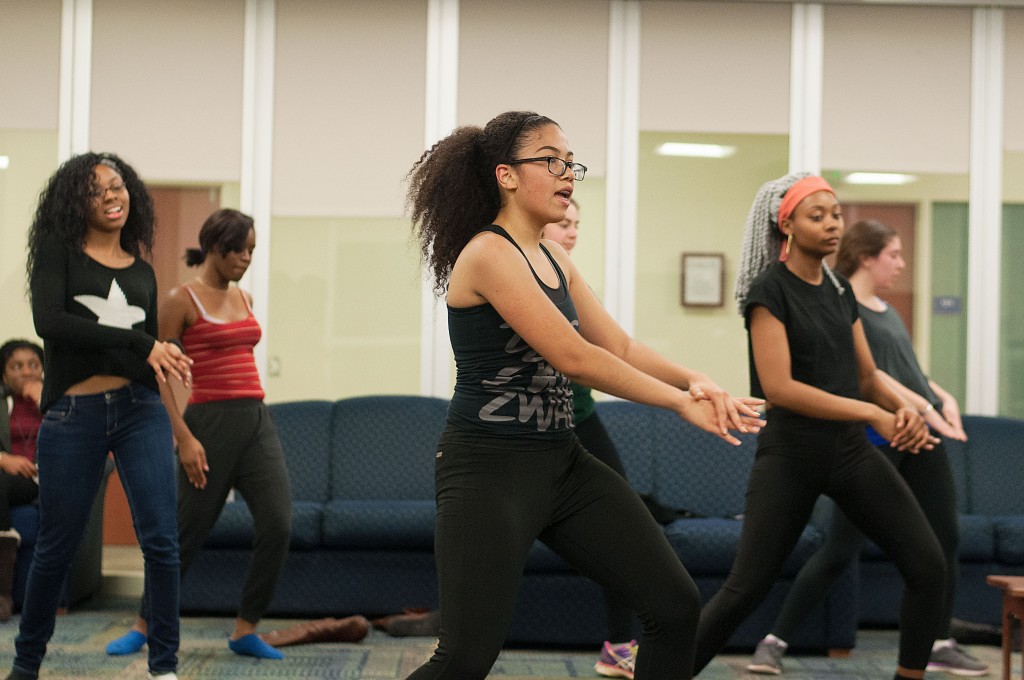
With two presentations, two papers and one exam due in the next week, Anna Corrigan said the stress of her upcoming final exams and projects is getting to her. Planning to spend most of her free time in the library, Corrigan described her sleep as suffering under the pressure.
“It’s been hard for me to get a lot of sleep at night because I’m just thinking about all the things I have to do,” said Corrigan, a senior majoring in economics. “When I wake up, I’m still tired. It’s a cycle.”
As the fall semester comes to a close, Binghamton University students are beginning to feel the strain of their academic responsibilities. According to LeAnna Rice, the mental health outreach coordinator and one of the senior counselors at the University Counseling Center, the number of emergency counseling appointments requested increase during finals. Students are beginning to miss home and are feeling overwhelmed trying to balance everything on their plate, she explained.
“I do think there is something about this generation that’s different in anxiety and the way anxiety is experienced with stress to school,” Rice said. “The pressures of what it takes to get a job may be heightening the anxiety and pressures related to school work.”
Rice said this stress can often lead to heightened anxiety, especially for those students who already suffer from an anxiety disorder. However, she said the effects of stress are not only mental, but can be physical as well.
“If you’re already very stressed out for a prolonged period, you might get sicker easier,” Rice said. “Sometimes that can even affect your mental health because you’re more tired when you’re sick.”
To help deal with this stress and anxiety, Rice recommends that students make sure to set realistic test goals, practice breathing exercises and try to get a full night of sleep. Though staying up late studying may be tempting, Rice said doing so has a negative effect on a student’s mental health long term.
In addition to this increased anxiety, Director of Health and Wellness Studies Lisa Hrehor said lack of sleep and cramming late at night can actually hinder test performance.
“Research shows that cramming all night for a test actually has a negative effect on memory recall,” Hrehor said. “The more sleep you can get during finals the better you will feel, the less likely you will be to forget information and the less likely you will be to get sick.”
The Dean of Students office partnered with groups on campus such as Campus Recreation and Residential Life to put on their semi-annual stress-free month. De-Stress December features a compilation of stress-relieving activities that offer students a break from studying. With BU aiming to become the premier public institution, Assistant Director of Case Management Services and Budgeting Jazell Johnson said it’s important to offer these types of activities.
“The expectations from professors, instructors and faculty are pretty intense,” Johnson said. “It’s not fair for us to have those expectations for students to really perform and continue to outdo themselves without also providing some programming to help them to be recharged and to be refreshed.”
De-Stress December’s activities include therapy dog visits, free massages and organized sports games. They are available to all students and are ongoing until December 22.
“Being able to provide them with opportunities that help them to have a well-balanced life, so that it’s not just academics but it’s also socially and emotionally healthy and mentally healthy,” Johnson said, “that’s how we have happy and healthy students. That’s what we want.”


